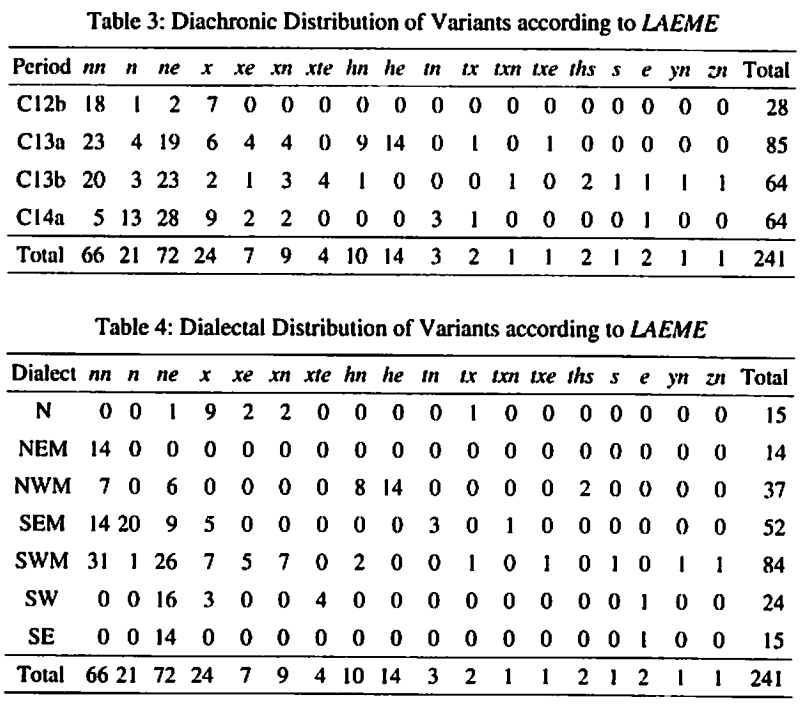LALME (書籍版)の外観
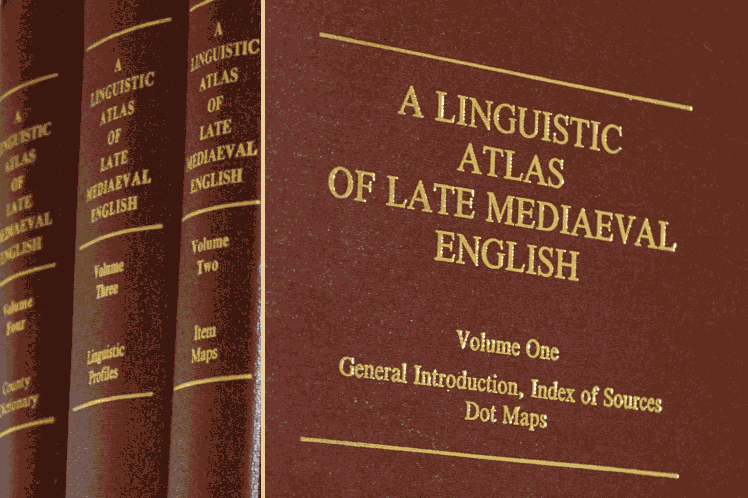
堀田 隆一(慶應義塾大学)
2020年9月20日
http://user.keio.ac.jp/~rhotta/hellog/etc/slide/
komaba_eigoshi_kenkyukai_re_laeme_and_lalme_20200920.md.html
よりアクセス可.
ME is, par excellence, the dialectal phase of English, in the sense that while dialects have been spoken at all periods, it was in ME that divergent local usage was normally indicated in writing. It was preceded by a phase in which the language had one kind of written standard . . . and followed by a phase in which it had others. It stands alone as having a rich and varied documentation in localised varieties of English, and dialectology is more central to the study of ME than to any other branch of English historical linguistics. (Strang 224–25) (cf. 堀田 ,『hellog~英語史ブログ』 #2086)

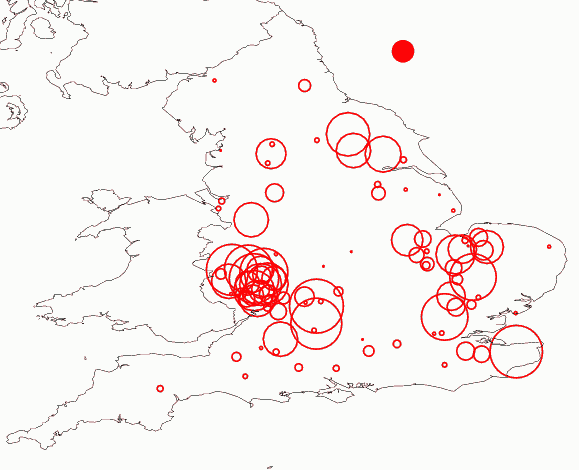
|
|
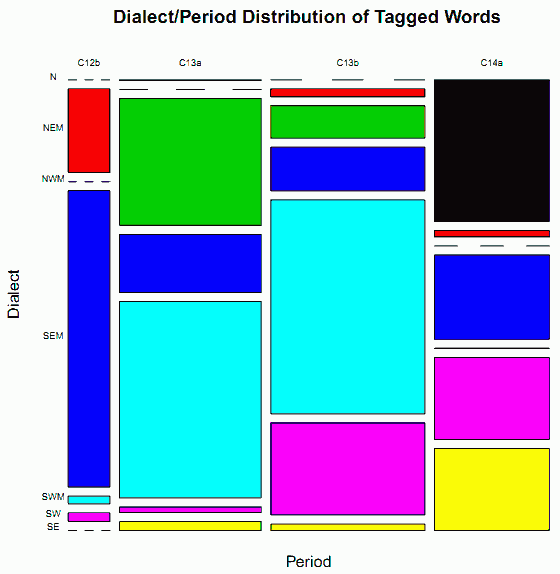
|
|
|
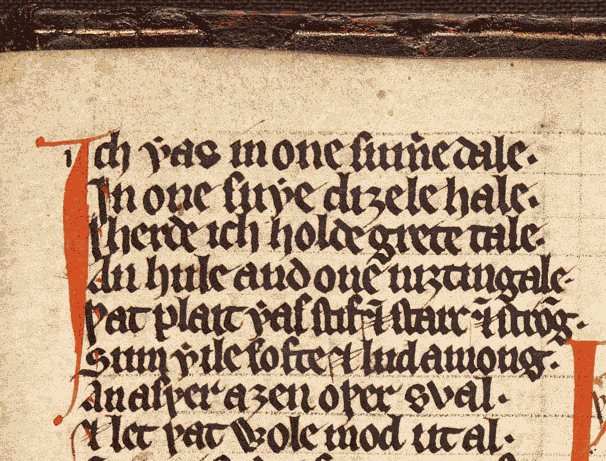
|
$/P11N_*ICH
{=Enlarged illuminated capital *I descending in the left margin to the}
{depth of six lines. A small guideletter I is visible to its left.=}
$be/vpt11_wAS
$in{p}/pr_IN
$/A<pr_ONE
$summer/naj<pr_SUMerE
{=I take this (as most editors do) as an attributive use of "summer"}
{rather than a feminine prepositional ending of "a certain" (< OE sum).}
{As the most recent editor, Cartlidge (2001), points out, a form of}
{"sum" does not naturally follow the indirect article ONE and OE dael}
{"dale" is normally neuter so should not attract a feminine adjective=}
$dale/n<pr{rh}_DALE
{.}
{\}
$in{p}/pr_*IN
$/A<pr_ONE
$swi:De/av_SUyE
$di:egel/aj<pr_DIzELE
$healh/n<pr{rh}_HALE
{.}
{\}
|
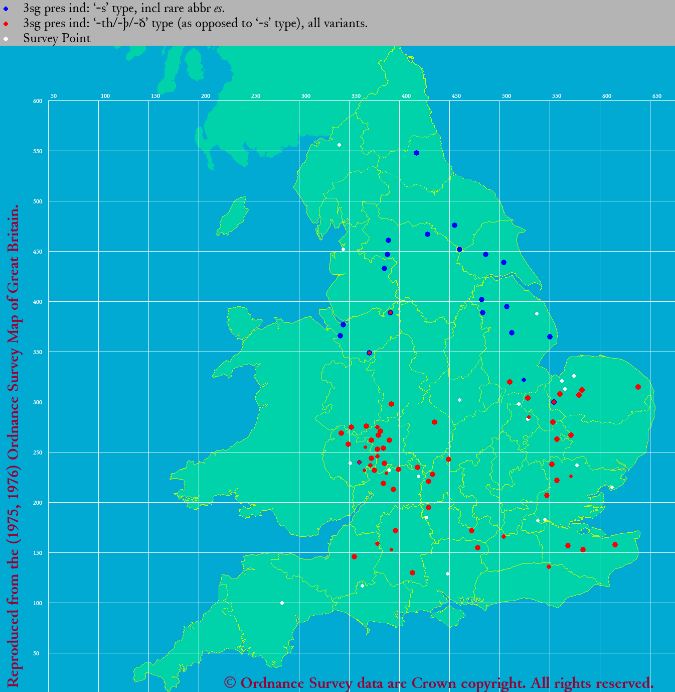
|
